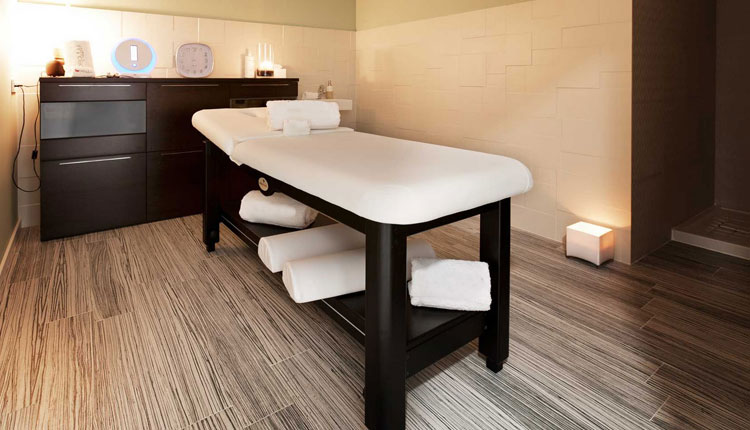
Massage Therapy Beneficial for Children with Autism
Parents of children with autism are always seeking ways to enhance the quality of life for their children and massage therapy is becoming an increasingly popular way of doing so.
One would think that a child with autism, who is commonly averse to touch, would find massage therapy intolerable. However, a massage therapist who works with children are usually skilled at introducing touch and slowly building tolerance for it. Massage therapists know that it’s the light touch that is so aversive to these children and they actual tolerate deep massages quite well.
The health benefits of massages are well-documented to the point where they are covered by many insurance companies and prescribed as supplemental therapy by some medical doctors.
Biochemically, body massages release serotonin, a neurotransmitting chemical known for giving a sense of well-being and happiness. Conversely, abnormal serotonin synthesis is said to be linked to autism.
The Touch Research Institute of Miami has conducted several studies on the effect of massage therapy for children on the autism spectrum and their results confirm what is anecdotally acknowledged – massage therapy can be of great benefit to children on the spectrum.
In one particularly interesting study, twenty children with autism ranging in age from 3 to 6 years were randomly assigned to massage therapy and reading attention control groups. Parents in the massage therapy group were trained by a massage therapist to massage their children for 15 minutes prior to bedtime every night for one month, while the parents of the attention control group read Dr. Seuss stories to their children on the same time schedule. Results showed that
the children in the massage group stayed on task better at school and showed more social relatedness during playtime observations.
Parents also reported that their children were more responsive to verbal cues, had an easier time with daily tasks, slept
better and were generally calmer.
Most poignantly, these children were more receptive to their parent’s touch and even initiated affection themselves. Scientists used to believe children with autism couldn’t bond with their parents.
This theory has since been discarded and children with autism do indeed bond with parents, but sometimes just cannot show it. It is very encouraging to know that massages create a new avenue of expression and help bridge the worlds between a parent and child.
As always in examining alternative choices, consider them as ways to augment and enhance established medical protocols, not replace them.
When my son with autism was finally released from the hospital after battling Crohn’s, massage therapy was instrumental in him regaining his health and vitality. Doctors were amazed at his progress at his first follow-up visit, proclaiming that he “looked and felt like a different
person." I credit massage therapy with providing a boost of energy to his recovery. His cheeks were rosy, his eyes bright and his spirit was calm.
Best of all, there was no risk and no gimmicks — just the ancient art of human touch.
